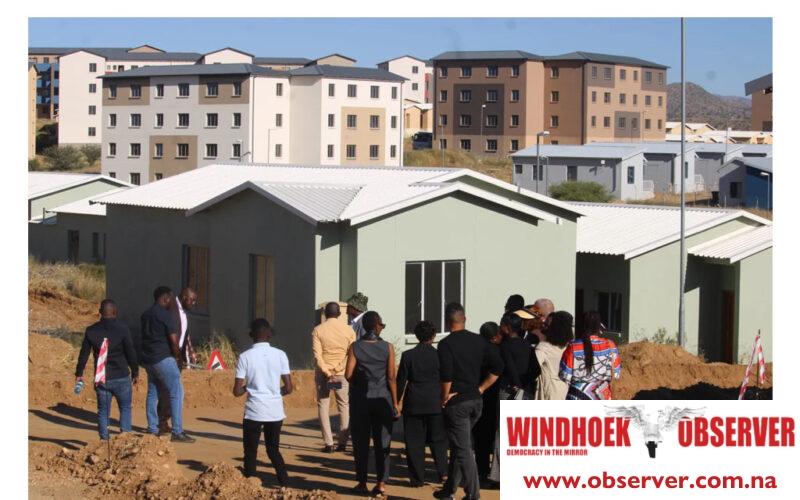Chamwe Kaira
The Government Institution Pension Fund (GIPF) is finalising a Memorandum of Understanding (MoU) with the Office of the Prime Minister for the Pension Backed Home Loan Scheme (PBHL).
Edwin Tjiramba, general manager for marketing and stakeholder engagement, told Observer Money that the fund will soon inform members and stakeholders of the outcome and the way forward.
He declined to answer further questions, saying the fund is not in a position to share more information at this stage.
In its 2024 Annual Report, GIPF said it had been engaging stakeholders on the PBHL scheme. The initiative is designed to allow members to access a portion of their pension savings for buying or improving property.
The fund stated that the scheme aims to boost financial flexibility and encourage homeownership. It also aims to help address housing challenges while contributing to broader economic growth.
The board has approved the scheme, which allows members to use their pension as security for home loans. GIPF said the approach will assist those who may not qualify for loans from commercial banks, regardless of their location.
In July 2023, GIPF announced that the rollout was expected soon. It noted that only 30% of its members currently have access to adequate housing.
GIPF said the PBHL scheme is a key part of its short-term strategy to improve member welfare by making homeownership more accessible. Over the medium term, the fund said it will focus on strengthening its investment strategy.
It aims to achieve returns of inflation plus 5% by working with top asset consultants and maintaining a diversified portfolio.
The fund said this target is essential for growing assets and ensuring it can meet long-term obligations.
GIPF remains committed to keeping the fund fully funded and able to deliver promised benefits to all members.
The housing shortage in the country continues to grow. The parliamentary committee on economics and public administration recently reported a backlog of 300,000 housing units.
The report called for investment in urban land development and affordable housing, especially for first-time buyers and low-income households.
Namibia’s 2023 National Housing Policy outlines key interventions, including the Participatory Informal Settlement Upgrading programme targeting 150,000 plots and the Sustainable Incremental Greenfield Development programme aimed at developing 130,000 plots.
Urbanisation in Namibia has risen sharply, with the urban population growing from 28% in 1991 to 65.5% in 2023. This growth has led to an increase in informal settlements across the country.




